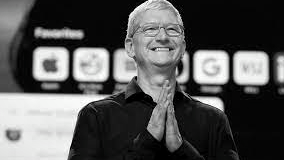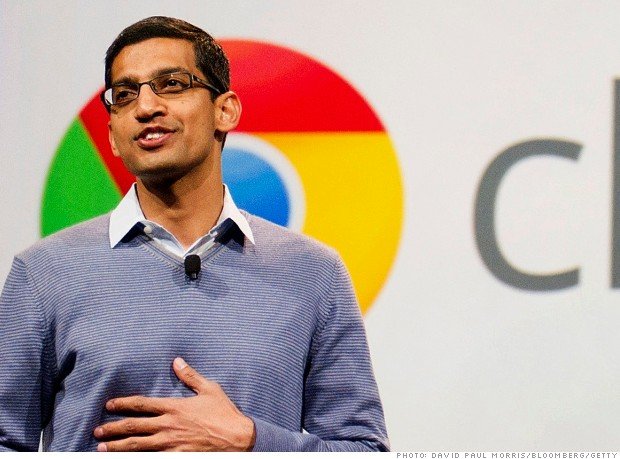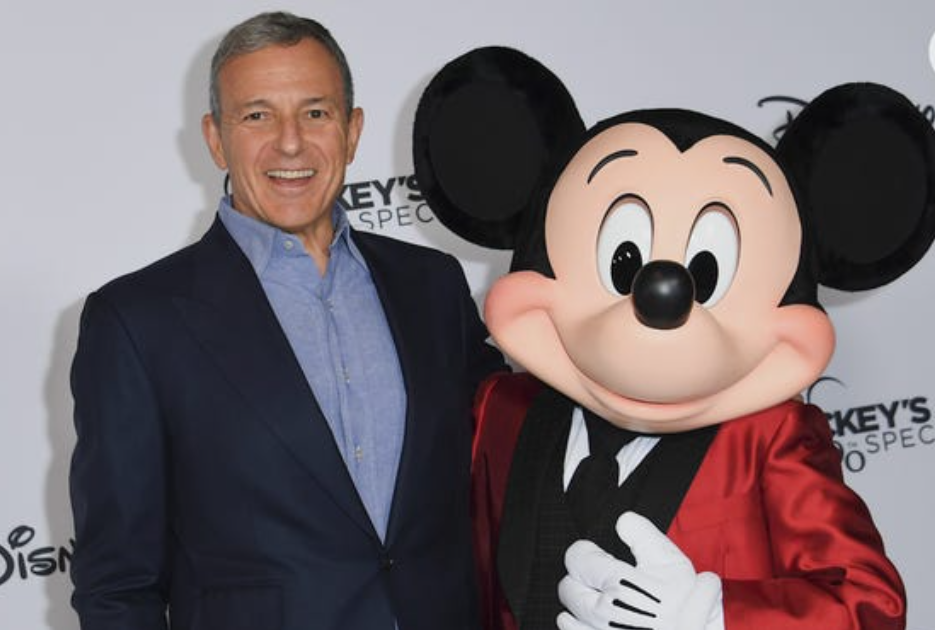We continue learning about the Apple CEO who came out of the closet and leads in a unique and very characteristic way —with honesty and boldness, but above all, by trusting the team and not interfering: get to know him in this article.
Tim Cook decided to share his truth with the world. His decision last October to publicly announce that he is gay instantly turned the formerly low-profile and extremely private executive into a global role model.
It also made him the only openly gay CEO in the Fortune 500.
And Cook has used the platform provided by Apple’s global reach to speak out on a wide range of issues, including human rights, access to education, female representation on Wall Street, immigration reform, and privacy rights. He even ventured deep into the American South, to the capital of his home state of Alabama, to lament the poor state of racial equality there.
Cook has differentiated himself from Jobs in many ways, and not just through his willingness to talk about social issues.
Cook, who joined Apple from Compaq Computer in 1998, had a background in operations and spent his formative career years at IBM.
At Apple, that means he’s not what company executives like to call a “subject matter expert” in such critical areas as product development, design, and marketing.
As a result, he acts much more like a coach who trusts his players than like Jobs, the manipulative mastermind.
The result has been a level of stability in upper management that few expected.
“He never tried to be Steve,” says Eddy Cue, senior vice president of Internet software and services, who joined Apple in 1989.
“He always tried to be himself. He’s been very good about letting us do our thing. He’s aware and involved at the high level, and he gets involved as needed. Steve got involved at the pixel level.”
Of course, there’s no model for following someone like Jobs—a founding entrepreneur widely known for ruthless impulsiveness that repeatedly led to greatness.
Also, more than three years of steady success do not guarantee the future. Says Michael Useem, prominent Wharton professor of management and director of the school’s Center for Leadership and Change Management: “In my little world, the question of whether Cook can sustain Apple’s momentum comes up more often than any other question about top management these days.”
For his part, Cook says he has learned that more important than responding to his critics is learning to ignore them. “I’m not running for office,” he says.
Cook’s defiant and confident tone reflects the CEO he has become.
No one protects Apple’s distinctive corporate culture—designed by Jobs—more fiercely than Cook.
Still, he is also gradually tweaking Apple at the edges, steering the company where he wants it to go, adding his unique perspective and subtly but clearly reshaping Apple in his own image.
It’s unclear whether Jobs would have approved or disapproved. But the same enigmatic founder, in his final days, told Cook not to obsess over trying to channel Jobs when making decisions.
Given that, the question of what Jobs would have thought about where Cook is taking the company is ultimately beside the point.
Moments of truth
Richard Tedlow taught business history at Harvard for 31 years. He developed expertise in the tech industry, writing books on the turbulent leadership of IBM by the Watson family and a biography of Intel’s mercurial CEO Andy Grove.
Today, Tedlow teaches at Apple University, the internal educational unit Jobs established before his death. Apple University is not a typical management training branch, and Tedlow calls it the “Think Different corporate university,” a nod to the famous ad campaign Jobs orchestrated in the late 1990s.
Its goal is to document Apple’s peculiar ways for its employees, as well as to ensure that people at the company consider outside perspectives that will help them think critically and remain open to new ideas.







